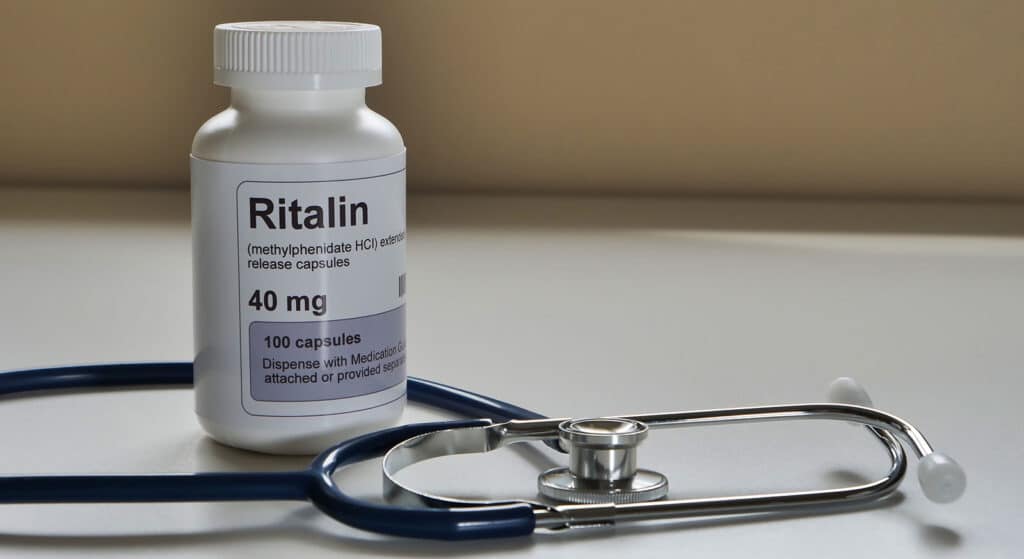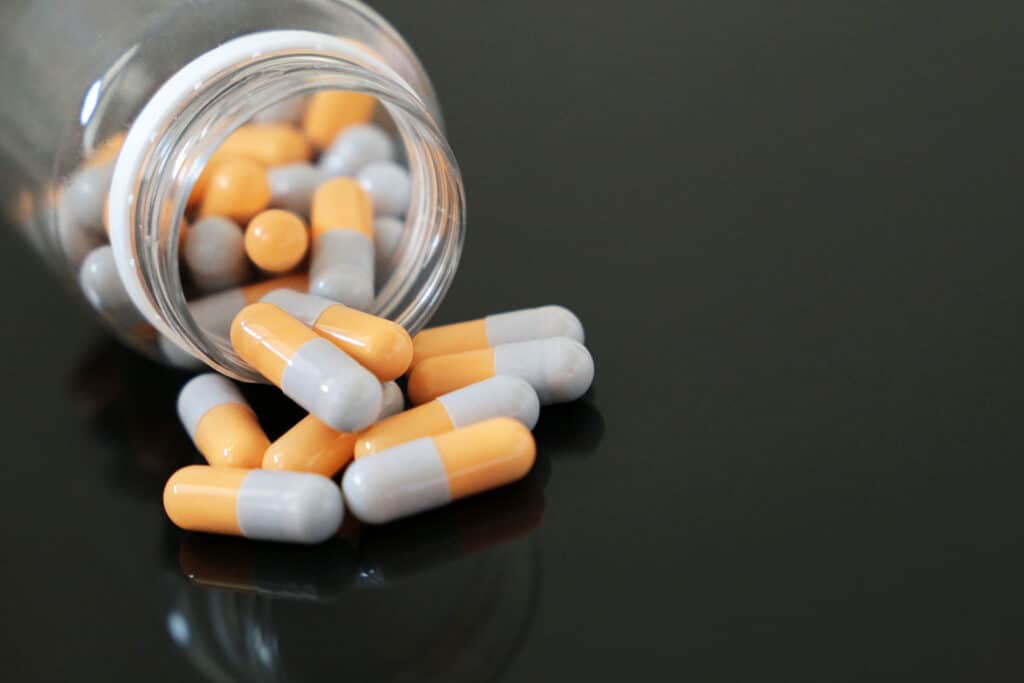Ritalin, a medication commonly prescribed for ADHD, can have varying effects depending on the individual. In those with ADHD, it often produces a calming effect, improving focus and reducing impulsivity. For people without ADHD, it might cause feelings of heightened alertness or energy, but can also lead to side effects like nervousness or insomnia. The experience can vary widely based on individual brain chemistry and dosage.

Attention-deficit/hyperactivity disorder, or ADHD, is a chronic and common condition that affects children and adults. In 2016, the Centers for Disease Control and Prevention indicated that 6.1 million children in the United States had an ADHD diagnosis. This accounts for roughly 9.4% of American children at that time. ADHD can range in severity from being a minor condition to one with significant impacts on all aspects of a person’s life. It causes an inability to focus, poor ability to listen, difficulty performing in work and school, relationship challenges and low self-esteem. One of the ADHD medications that is commonly prescribed is Ritalin. Notably, Ritalin is also used as an effective treatment option for narcolepsy because of its stimulating effects on the brain. While Ritalin offers life-changing benefits to those suffering from these conditions, it has significant short-term and long-term side effects that an individual should be aware of before starting the medication. In addition, Ritalin is frequently misused and abused, and this can lead to more pronounced side effects and serious health issues or death.
Table of Contents
What Is Ritalin?
Ritalin is the brand name for methylphenidate, which is a central nervous system stimulant, targeting the brain and nerves. In addition, it affects the circulatory system with an increased heart rate and higher blood pressure. Ritalin is available in both immediate-release tablets and extended-release capsules. The immediate-release tablets should be taken up to three times a day and roughly 30 to 45 minutes before meals. The extended-release capsules are usually taken at the start of the day only. For the best results with both formulas, the medication should be taken at the same time each day.
How Ritalin Works in the Body
The striatum is an area of the brain that manages cognition, action and motivation, and it is driven by dopamine. Ritalin increases the amount of dopamine in this area of the brain, enhancing a person’s ability to do tasks. Ritalin also increases the brain’s level of norepinephrine activity. Norepinephrine affects a person’s attention span, movement and pleasure. Ritalin affects dopamine and norepinephrine in the brain slowly, so the full effects of a specific dosage may not be realized for a few weeks. However, the unpleasant and potentially dangerous side effects of Ritalin can be experienced quickly after starting the medication. Because of this, a doctor may start a patient on a low dose of Ritalin and increase the dosage slowly as needed. The ability to increase the dosage safely is generally dependent on the severity of the individual’s side effects and any underlying health conditions. As the dosage increases, an individual may be more likely to experience side effects, and the severity of some side effects may increase. After the dosage is stabilized, the doctor may require regular checkups every couple of months to monitor side effects.

Expected Effects of Ritalin
As Ritalin works in the brain to increase dopamine and norepinephrine, a person typically is less fidgety and can concentrate better. A person may be able to better control actions. In addition, because Ritalin enhances focus and listening abilities, many people find that their performance in school or at work increases. While Ritalin increases focus and performance, it does not affect a person’s intelligence directly. In many cases, Ritalin is prescribed to those who are diagnosed with ADHD along with behavioral therapy for more comprehensive results.
Common Physical and Psychological Effects
Side effects are common when taking Ritalin. Often, they are temporary and fade after the first few days or week on the medication. They may recur as the dosage is increased. If side effects linger, the doctor should be notified. Initial side effects when starting the drug or increasing the dose could include decreased appetite, elevated blood pressure, dilated pupils, blurry vision, an increased heart rate and rapid breathing. Men could experience prolonged and painful erections. This effect is most common after the dosage is increased, and it may be alleviated over time. It can also be the result of prolonged use.
Ritalin is a stimulant medication that increases alertness, making it effective for treating narcolepsy. However, by doing so, it can worsen the symptoms of those with anxiety or a psychotic disorder. Increased hostility, agitation and paranoia are also possible. For those who are prone to seizures, the number of seizures can increase.
In children, Ritalin can slow growth. Often, doctors will monitor height and weight closely and instruct a break from use when the child is not in school during the summer. In addition to minimizing the effects on a child’s growth, the doctor can use the breaks to determine if Ritalin is still beneficial.
Regardless of a person’s underlying health conditions, Ritalin may cause significant side effects at high doses. These include seizures, twitching or shakiness, mood swings, irregular or rapid breathing, delusional thoughts, hallucinations and confusion. High dosages and misuse can also result in joint pain as well as muscle pain and weakness. At lower dosages, Ritalin can cause blurry vision, nervousness, moodiness, headaches, insomnia, irritability and increased blood pressure.
Some people also experience problems with their circulatory system. These can include reddish or bluish skin. Toes and fingers may feel painful and cold. Notably, use of Ritalin can increase the likelihood of developing Raynaud’s disease and other types of peripheral vascular diseases. Because Ritalin can increase blood pressure, the risk of a stroke or a heart attack increases with use.
Ritalin’s effects on the digestive can be considerable in some people. When used correctly, the medication may cause nausea or drowsiness and stomach pain. When the medication is misused, diarrhea, vomiting and more severe abdominal pain can occur. When misused for a long period of time, unintentional weight loss and malnutrition can be problematic.

Ritalin Misuse and Abuse
The positive effects of Ritalin can be life-changing, and it can also cause a sense of euphoria when taken at higher doses. In addition, the medication is habit-forming. Some people may take higher doses or more frequent doses, and still others take the medication without a diagnosis and a prescription. However, when Ritalin is misused or abused, serious and even fatal consequences can occur.
Some people crush Ritalin pills and mix the medication with water or another liquid. They then inject the Ritalin directly into their bloodstream. This can cause a blockage in the blood vessels that results in an irregular heartbeat and concerningly high blood pressure. Regardless of whether Ritalin is injected or taken at higher doses orally, it could cause the body’s temperature to increase to a dangerous level. It may also cause seizures, heart failure and death. For those who have structural heart abnormalities, the medication can cause sudden death.
For those who develop a dependency on the medication, withdrawal effects may be experienced when stopping usage quickly. Ritalin withdrawal symptoms may include depression, fatigue and trouble sleeping. When stopping Ritalin, it is important to follow the doctor’s recommendations for tapering doses.
Consult With a Physician When Taking Ritalin
While Ritalin has beneficial effects for narcolepsy and ADHD treatment, it may cause a variety of side effects throughout the body. These side effects can be more serious and even fatal at very high doses and when the medication is misused or abused. Because of these effects, it is important to only take medication prescribed by a doctor and at recommended doses. Those taking Ritalin should follow the doctor’s instructions for follow-up visits and inform their doctor of concerns about side effects in between appointments as needed.
Published on: 2023-12-27
Updated on: 2024-05-24



